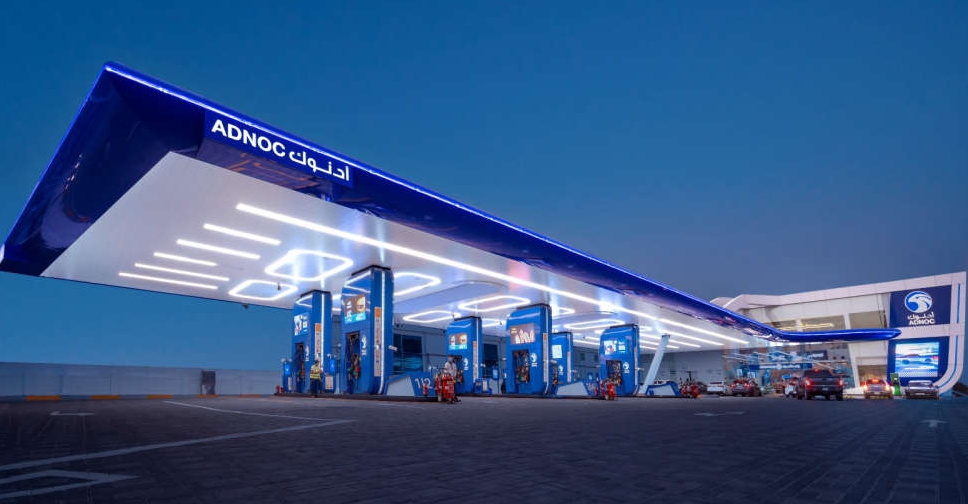
ADNOC Distribution has announced plans to reduce its carbon intensity by 25% by 2030.
The fuel operator said it will do this by putting sustainability at the core of its day-to-day operations.
ADNOC Distribution will install solar panels to power service stations and use biofuels in its fleet of vehicles, in addition to expanding its network of EV charging stations.
It will also use “green concrete”, which is eco-friendly and has a smaller carbon footprint than traditional concrete, to construct new service stations.
Bader Saeed Al Lamki, CEO of ADNOC Distribution, said: “The adoption of a sustainable energy mix for our fleet of vehicles and the use of solar energy in our service stations, in addition to rolling out lower carbon intensity products for our customers, underlines our commitment to driving sustainable growth through constant innovation in new energy solutions.”
ADNOC Distribution will apply its sustainability initiatives across its entire network in the UAE and Kingdom of Saudi Arabia.
The UAE’s largest fuel retailer has already been offering alternative fueling operations across its network, including compressed natural gas fuel available at 31 of its stations and a fully dedicated Abu Dhabi station.



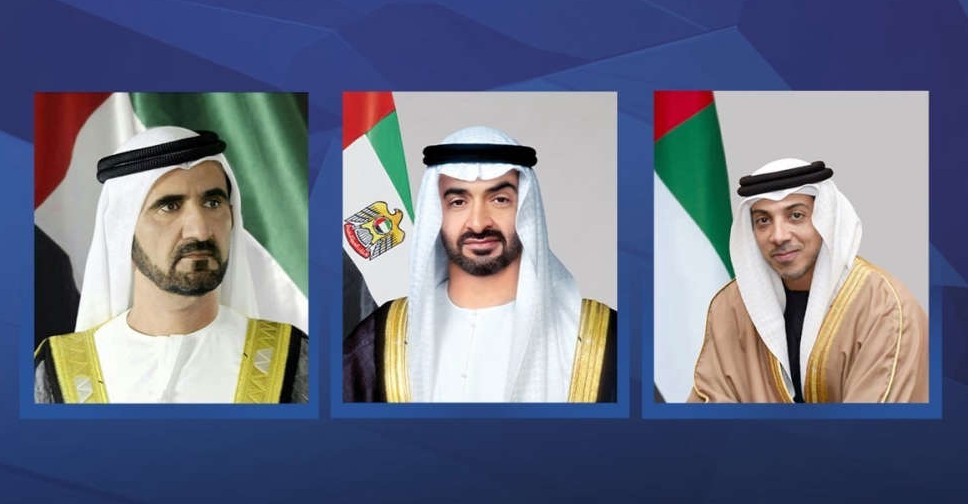 UAE leaders share Ramadan greetings on social media
UAE leaders share Ramadan greetings on social media
 UAE confirms first day of Ramadan
UAE confirms first day of Ramadan
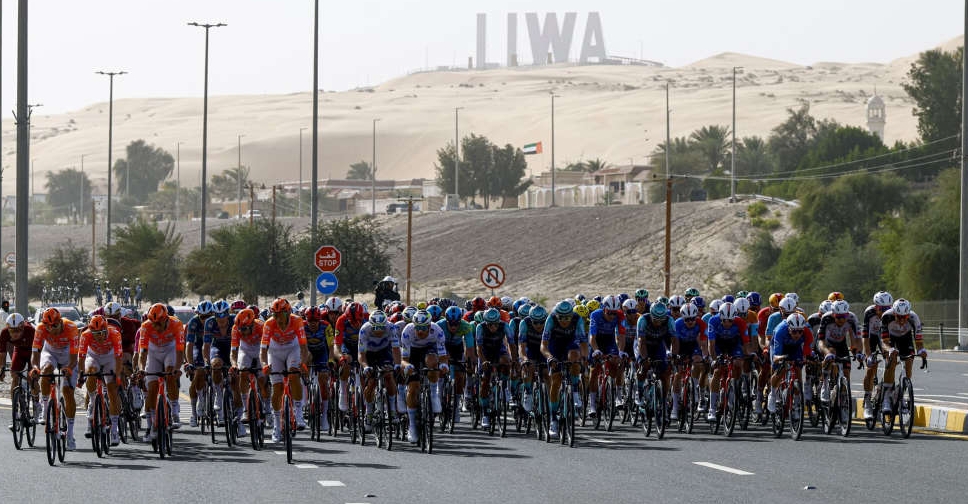 UAE Tour 2026 announces road closures for Stage 3 race
UAE Tour 2026 announces road closures for Stage 3 race
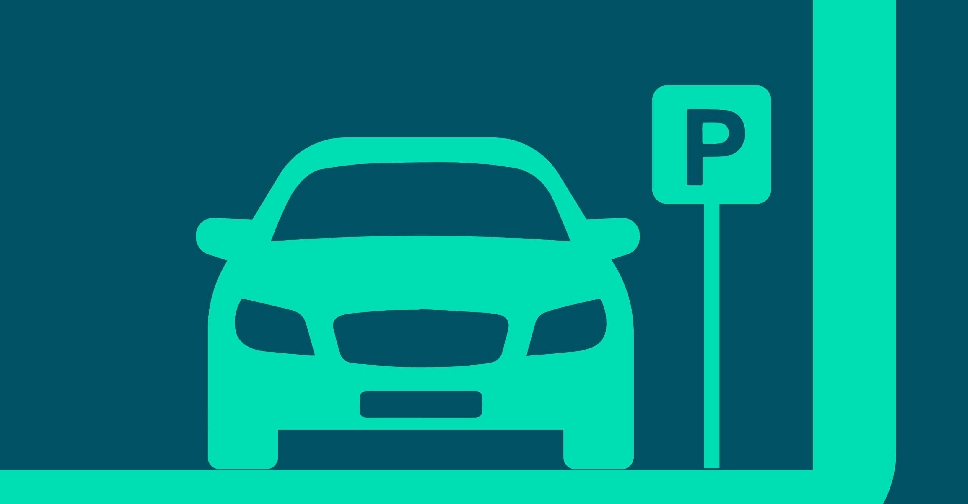 Dubai adjusts paid parking, Salik hours for Ramadan
Dubai adjusts paid parking, Salik hours for Ramadan
 Dubai expands road network with new Al Rowaiyah corridor
Dubai expands road network with new Al Rowaiyah corridor
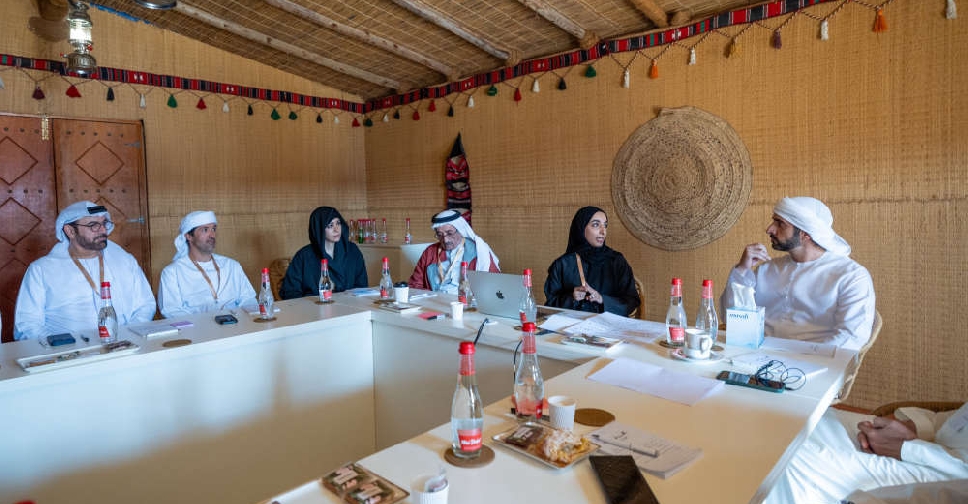 Dubai Camp drives next phase of government innovation
Dubai Camp drives next phase of government innovation
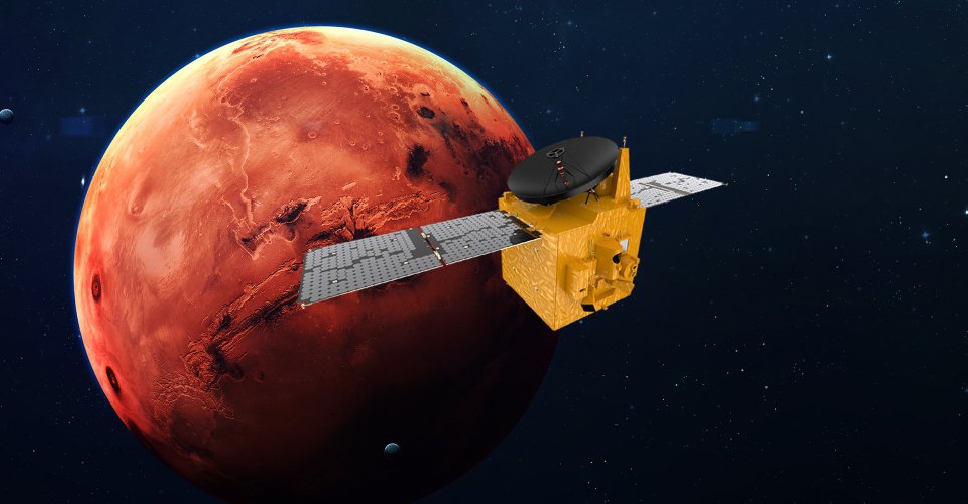 UAE extends Emirates Mars Mission until 2028
UAE extends Emirates Mars Mission until 2028
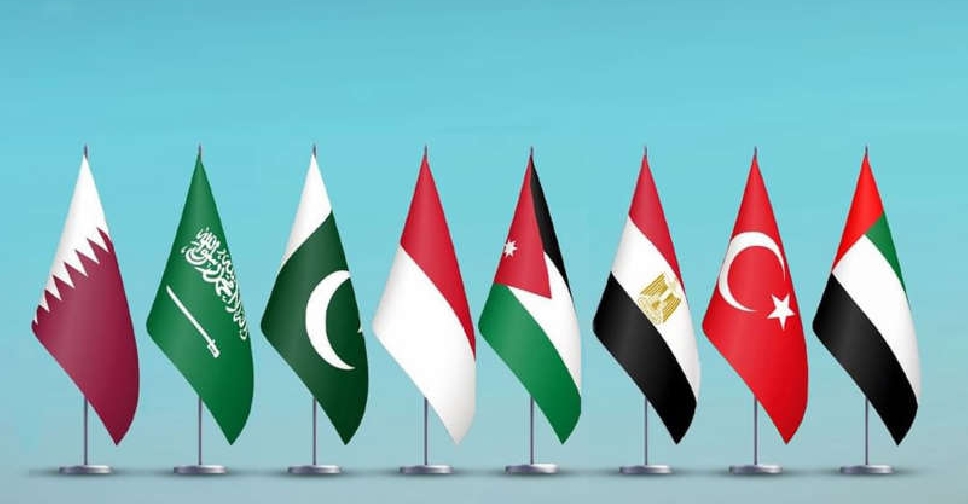 UAE joins 7 nations in condemning Israel's West Bank land registration plan
UAE joins 7 nations in condemning Israel's West Bank land registration plan
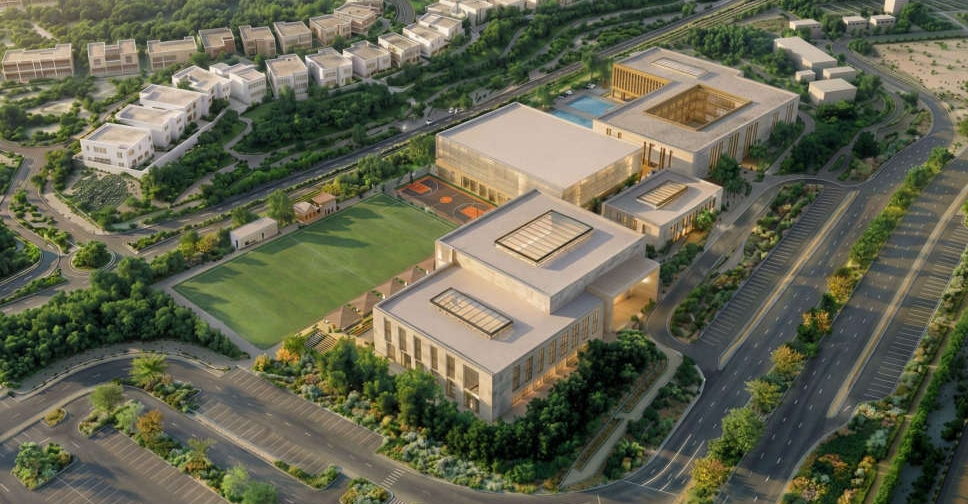 Dubai Holding, Nord Anglia Education partner to develop new premium schools
Dubai Holding, Nord Anglia Education partner to develop new premium schools
 UAE President posts special message on Lunar New Year
UAE President posts special message on Lunar New Year
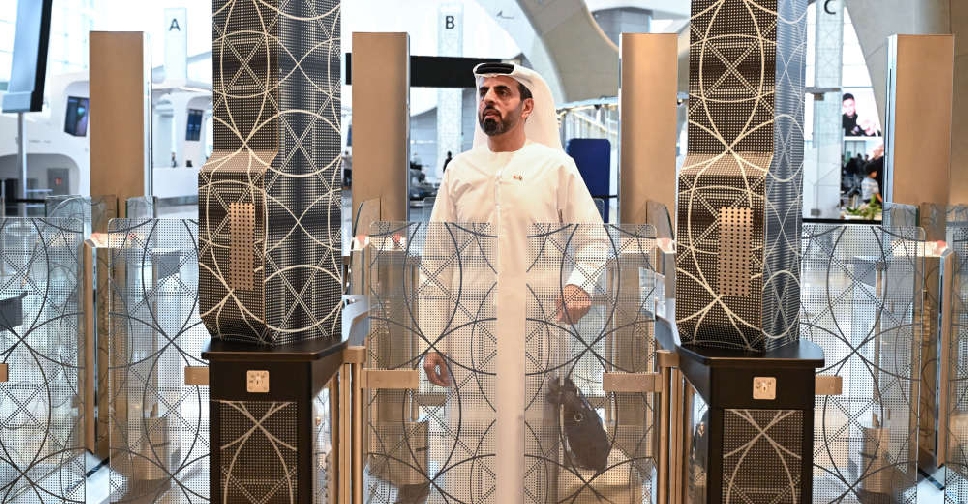 New UAE, Bahrain fast-track travel system takes off
New UAE, Bahrain fast-track travel system takes off
 Dubai's Al Jalila Foundation unveils cancer support fund
Dubai's Al Jalila Foundation unveils cancer support fund
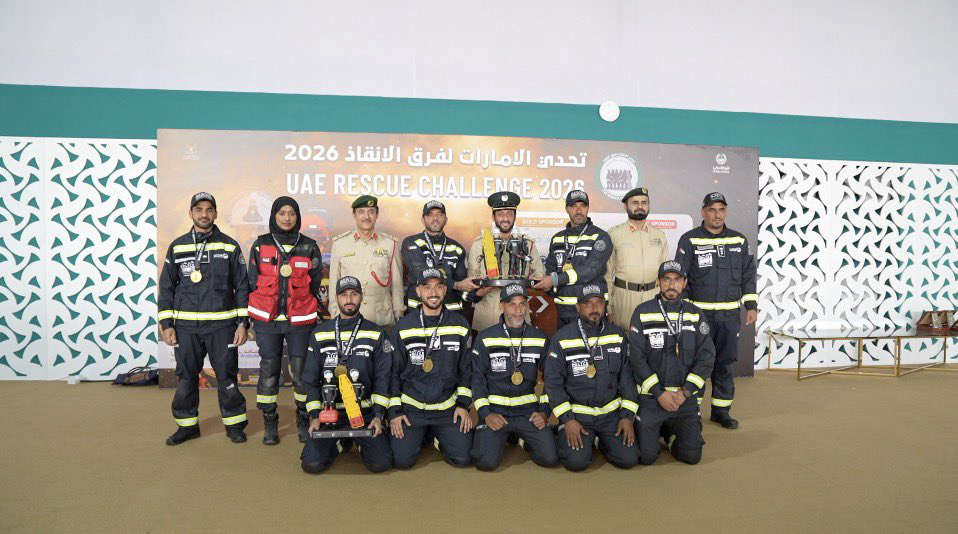 Dubai Police crowned champions of UAE Rescue Challenge
Dubai Police crowned champions of UAE Rescue Challenge
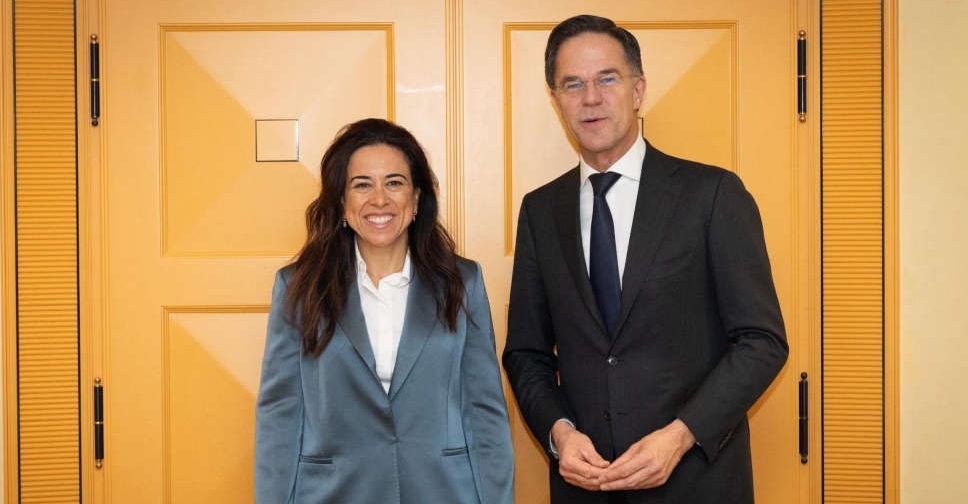 UAE discusses strengthening partnership with NATO
UAE discusses strengthening partnership with NATO
 Dubai Police urge vigilance against online begging
Dubai Police urge vigilance against online begging
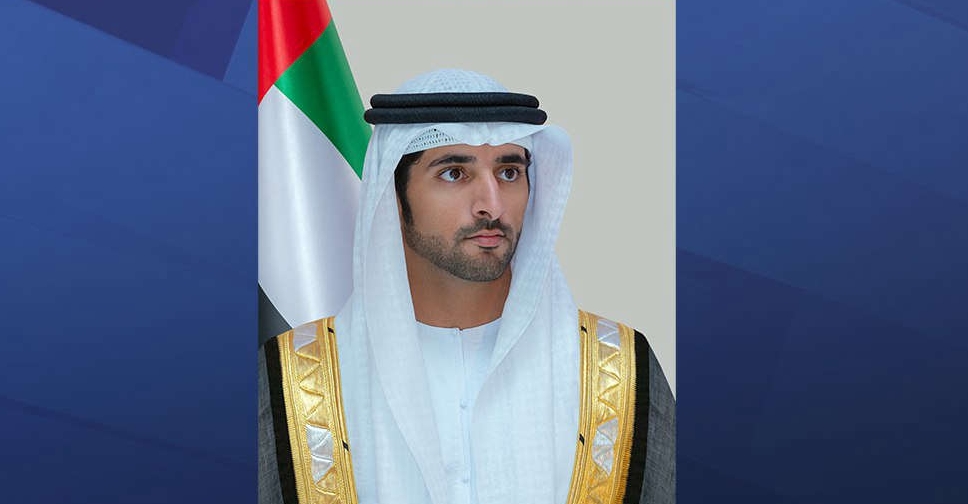 H.H. Sheikh Hamdan pays tribute to UAE's royal photographer
H.H. Sheikh Hamdan pays tribute to UAE's royal photographer
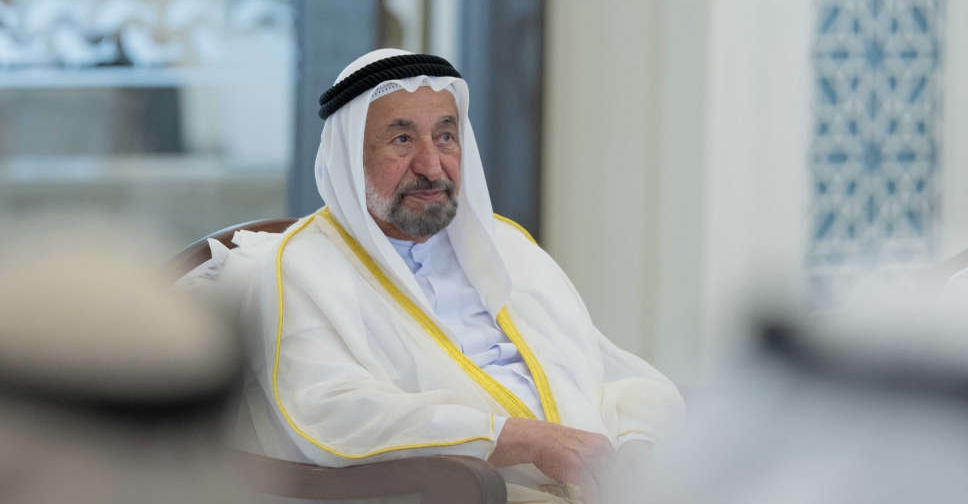 Sharjah approves over AED76 million in debt settlement for citizens
Sharjah approves over AED76 million in debt settlement for citizens
 H.H. Sheikh Hamdan awards Arab Hope Makers
H.H. Sheikh Hamdan awards Arab Hope Makers
 UAE looks into framework to regulate children's social media use
UAE looks into framework to regulate children's social media use
 UAE Ramadan moon-sighting committee to meet on Tuesday
UAE Ramadan moon-sighting committee to meet on Tuesday
